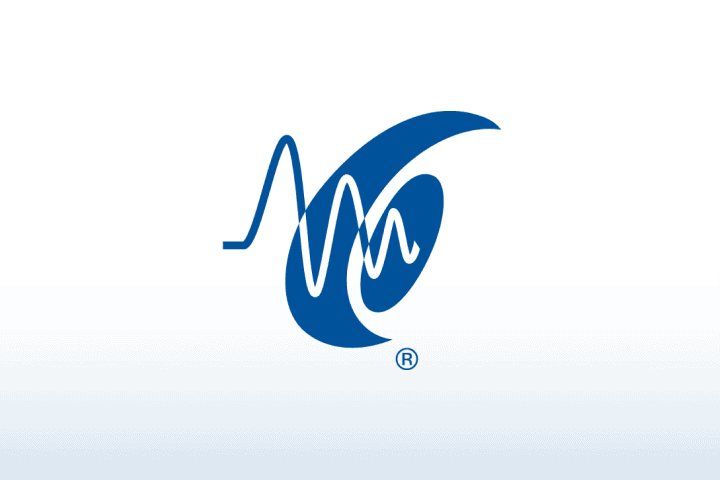
Presenter: Amy Grosnik, AuD
CEUs: 0.1 AAA / Tier 1 CEUs
Duration: 60 minutes
Instructional Level: Intermediate
Program Focus: Knowledge
Description:
Pediatric patients have the highest rates and degree of hearing loss due to ototoxic medications during chemotherapy treatment. Hearing testing in this patient population is challenging for several reasons. This can result in incomplete testing or unreliable test responses. Our high-volume facility has an established pediatric ototoxicity monitoring program creating opportunities for reliable testing. Our expansive protocol allows for earlier identification of hearing loss. Our practice and protocols will be supported by a discussion of our patient profiles.
Participants will have the opportunity to reflect on their current program and protocol challenges with monitoring this population and possible solutions. Improved program efficiency and testing techniques will help improve pediatric ototoxicity monitoring programs with earlier identification and support of hearing loss and improved patient care.
Learning Outcomes:
1. Upon completion, the participant will be able to describe targeted test methods during ototoxicity monitoring.
2. Upon completion, the participant will be able to classify key components in a pediatric ototoxicity monitoring program.
3. Upon completion, the participant will be able to describe appropriate follow-up recommendations.
Presenter: Amy Grosnik, AuD
CEUs: 0.1 AAA / Tier 1 CEUs
Duration: 60 minutes
Instructional Level: Intermediate
Program Focus: Knowledge
Description:
Pediatric patients have the highest rates and degree of hearing loss due to ototoxic medications during chemotherapy treatment. Hearing testing in this patient population is challenging for several reasons. This can result in incomplete testing or unreliable test responses. Our high-volume facility has an established pediatric ototoxicity monitoring program creating opportunities for reliable testing. Our expansive protocol allows for earlier identification of hearing loss. Our practice and protocols will be supported by a discussion of our patient profiles.
Participants will have the opportunity to reflect on their current program and protocol challenges with monitoring this population and possible solutions. Improved program efficiency and testing techniques will help improve pediatric ototoxicity monitoring programs with earlier identification and support of hearing loss and improved patient care.
Learning Outcomes:
1. Upon completion, the participant will be able to describe targeted test methods during ototoxicity monitoring.
2. Upon completion, the participant will be able to classify key components in a pediatric ototoxicity monitoring program.
3. Upon completion, the participant will be able to describe appropriate follow-up recommendations.

